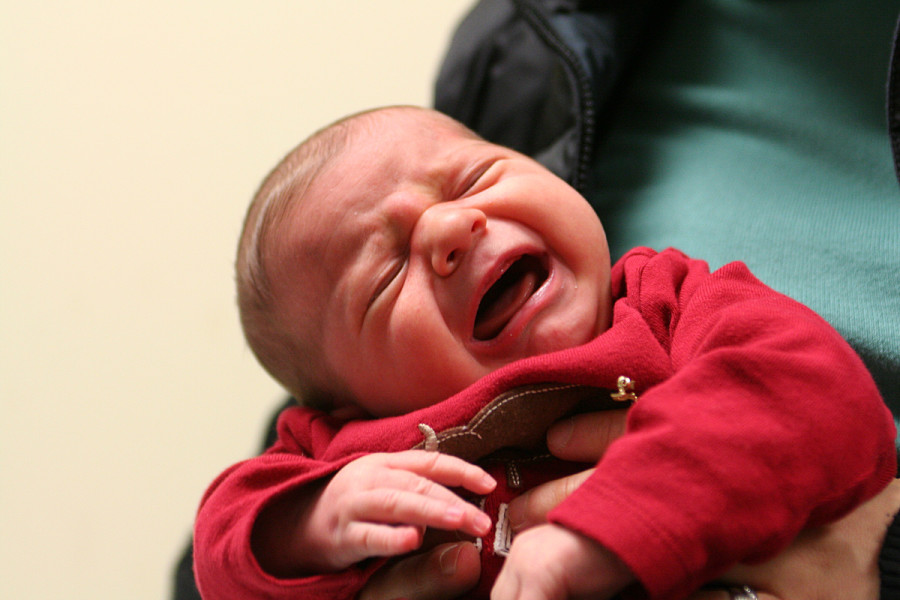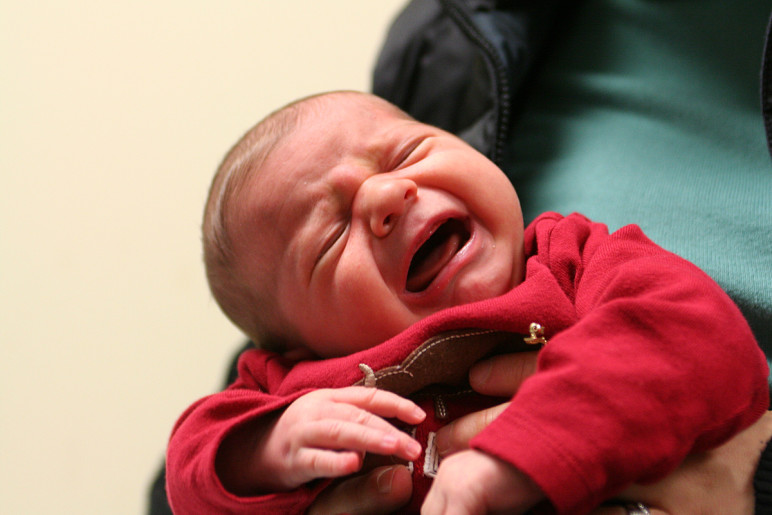Keiko
Folks are starting to understand—Backyard cottages and mother-in-law units are an underutilized solution to the housing shortage. This week, two articles—one from the Atlantic and the other from Curbed, describe how ADUs are a small but mighty solution to affordability. Many cities (like Portland and Seattle) have legal barriers that prevent ADUs from taking off: restrictions on size, owner occupancy, and parking requirements. Check out Dan’s two articles on why Vancouver is trouncing Portland and Seattle in building ADUs and the predatory delay of Seattle’s ADU rules for more information specific to Cascadia. Why aren’t prospering cities encouraging ADUs as a gentle-infill option when housing affordability is a growing problem?
And get excited: Seattle Department of Transportation is rethinking transportation equity with the creation of the Transportation Equity Program and the hire of Naomi Doerner. SDOT wants to ensure projects better serve low-income communities and communities of color and actually work in partnership with these communities to make transportation more affordable. “In the work that I was doing around walk and bike advocacy,” Naomi Doerner says, “it was really clear to me that … there needed to be voices and leadership at the table from communities to guide the process and really direct what the strategies ought to be.” +1!
Ijeoma Oluo’s MLK speech speaks truth to power:
We fight this harm—you fight this harm—because you love. You love your kin, your community, your people, and you love your humanity. You love so much that even when all seems against you, even when hate and bigotry has been voted into our highest offices of government—you are still here. You are angry and tired and hurting—and you are still here.
Because you love.
While you’re at it, check out the South Seattle Emerald and Oluo’s outlet the Establishment.
My last day at Sightline was yesterday. Yep, really, as you read this, I am no longer working at this brilliant sustainability think tank with these creative and big-hearted folks. I want to express my thanks to the folks at Sightline and to everyone that I have had the pleasure of working with—I have learned a tremendous amount from you all.
In the Sightline tradition, I’ll leave you with one of my favorite poems by Joy Harjo:
Emergence
It’s midsummer night. The light is skinny;
A thin skirt of desire skims the earth.
Dogs bark at the musk of other dogs
And the urge to go wild.
I am lingering at the edge
Of a broken heart, striking relentlessly
Against the flint of hard will
It’s coming apart.
And everyone knows it.
So do squash erupting in flowers
The color of the sun
So does the momentum of grace
Gathering allies
In the partying mob.
The heart knows everything.
I remember when there was no urge
To cut the land or each other into pieces
When we knew how to think
In beautiful.
There is no world like the one surfacing.
I can smell it as I pace in my square room,
The neighbors television
Entering my house by waves of sound
Makes me think about buying
A new car, another kind of cigarette,
When I don’t need a new car
And I don’t smoke cigarettes.
A human mind is small when thinking
Of small things.
It is large when embracing the maker
Of walking, thinking and flying.
If I can locate the sense beyond desire,
I will not eat or drink
Until I stagger into the earth with grief.
I will locate the point of dawning
And awaken
With the longest day in the world.
Kristin
Americans’ long work hours are unhealthy and unproductive.
“According to US researcher Alex Soojung-Kim Pang, most modern employees are productive for about four hours a day: the rest is padding and huge amounts of worry. Pang argues that the workday could easily be scaled back without undermining standards of living or prosperity.”
W.E.B. Du Bois’ hypothesis that poor white voters forfeit material well-being to gain psychological wages associated with being white still holds true.
Utah may pass a bill legalizing childhood freedom. Yes, lawmakers now have write in a law that it is legal for children to:
- travel to and from school, including by walking, running, or bicycling;
- engage in outdoor play;
- remain in a vehicle unattended, except under the conditions described in
- remain at home unattended; or
- engage in a similar independent activity.
Seriously, folks. Right now it is effectively illegal for children to walk to school and play outside. If Utah passes it, maybe other states including Oregon will come to their senses too.
I was just re-watching this video about how American workplaces value confidence over competence, to the detriment of competent women. The lessons seem to be, for women: be a little more confident than you are competent; for men: encourage the women in your workplace to be more confident.
Eric
I liked Bret Stephens on immigration.
At the Guardian, Oliver Burkeman has a first-rate dissection of the baby advice industry. It’s a thoughtful and critical look at the absurdity of so much of the published guidance, why the competing philosophies can provoke so much vitriol, and what it says about us adults.
I remain perplexed by this Vox article: “the science is in: exercise won’t help you lose much weight,” which seems to undermine itself. The linchpin argument is summed up in a chart about halfway down showing that, on average, a 200 pound man who runs at medium intensity for 60 minutes four days a week would be expected to lose 5 pounds in a month. Which left me thinking: huh? Doesn’t that prove exactly the opposite of what the author is arguing?
Now, it’s true that you can forfeit some of the weight-loss benefits of exercise if you compensate for it eating more calories or becoming more sedentary. (I actually gained weight while training for a marathon once.) And, still, the science seems to show that regular exercise will burn a few pounds each month. Maybe that doesn’t qualify as “much” weight to some people, but making exercise an integral part of your lifestyle should lead to steady reductions in weight over time. Weight loss is hard, exercise is by no means the only (or even the most important) factor, but the evidence does seem to show that it helps. Plus, as the article acknowledges: “By preventing cancers, improving blood pressure, cholesterol and sugar, bolstering sleep, attention, energy and mood, and doing so much more, exercise has indisputably proven itself to be the world’s best drug – better than any pharmaceutical product any physician could ever prescribe.”
Ed
The suicide of Washington State quarterback Tyler Hilinski this week was profoundly sad and shocking news. (It also was a news item that hit close to home for me, having lost a friend in very similar fashion seven years ago.) The sincere hope here is that it offers an opportunity to take away the stigma of discussing mental health openly, and Seattle Times sports columnist Matt Calkins did so this week by writing about his own struggles.
I appreciated this CNBC piece on how business leaders can stand in support of the #MeToo movement, particularly its thoughtful advice on how best to be actionable and doing so with humility.
There was some buzz before Christmas about the possibility of the price of newsprint going up in 2018, and it became reality this week. Barring a reversal by the International Trade Commission, the consequences are not insignificant for the newspaper industry, as editorials around the country point out. Generally speaking, the challenge for newspaper companies in moving away from a print-centric model has been that the print edition still provides the bulk of revenue. But if the cost of producing said product becomes prohibitive, companies already under economic duress face another challenge as they continue to find a viable business model.
Aven
As the legislative session gets off to a start in Olympia, here is a good run-down of some important environment-related initiatives to keep an eye on.
The good news just keeps coming out of the renewable energy sector, and thank goodness for that. This week, the International Renewable Energy Agency released a report finding that global renewable energy prices could be on parity with fossil fuels by the year 2020. Here in the US, the Energy Information Administration released their own report and found that almost half of utility-scale electric generating capacity installed in 2017 came from renewables. Meanwhile, Interior Secretary Zinke’s plan to open the entire US coastline to offshore oil and gas drilling has hit another bump as lawmakers of both parties cry foul over his removal of Florida from said plan. According to David Hayes, who was the Interior Department’s deputy secretary and chief operating officer at points in the Clinton and Obama administrations, “it smacks of an impulsive, undisciplined, arbitrary process,” and Republican Senator Susan Collins and Independent Angus King have co-sponsored legislation to block drilling off the coast of New England. And finally, offshore wind energy might finally be taking off in the US, with over 25 new projects currently in the works, while Ford jumps on the EV bandwagon.










